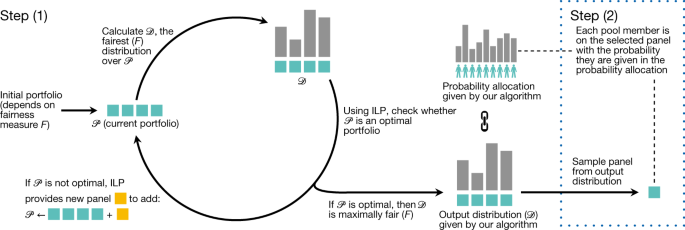Racial Equality Proposal
The Racial Equality Proposal (Japanese: 人種的差別撤廃提案 , Hepburn: Jinshutekisabetsu teppai teian, lit. "Proposal to abolish racial discrimination") was an amendment to the Treaty of Versailles that was considered at the 1919 Paris Peace Conference. Proposed by Japan, it was never intended to have any universal implications, but one was attached to it anyway, which caused its controversy.[1] Japanese Foreign Minister Uchida Kōsai stated in June 1919 that the proposal was intended not to demand the racial equality of all coloured peoples but only that of members of the League of Nations.[1]
Though it was broadly supported, the proposal did not become part of the treaty, largely because of opposition by Australia and the United States. Its rejection was one cause of Japan's alienation from the other great powers and helped rationalise its increased nationalism and militarism domestically that would lead up to World War II.
The principle of racial equality was revisited after the war and incorporated into the United Nations Charter in 1945 as a fundamental principle of international justice. However, several countries, including great powers, would continue to retain officially-sanctioned racial laws and policies for decades.


















